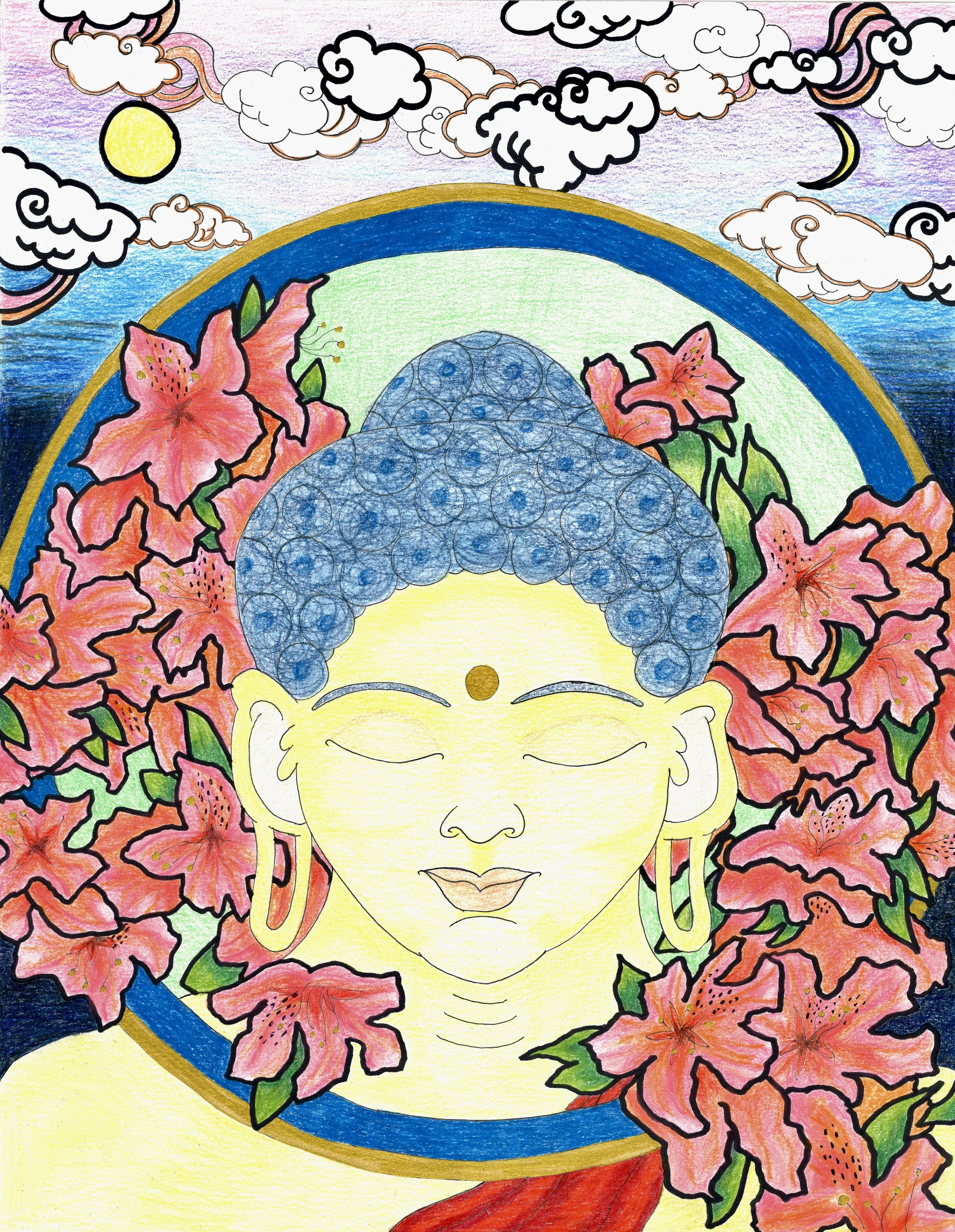Buddhist Psychology
Buddhist Psychology in Counseling
Buddhist psychology is not just a set of tools—it’s a way of seeing and being with you that shapes the entire therapeutic process. Rooted in mindfulness, compassion, and the recognition of our shared human experience, this approach understands that difficulty and pain are natural parts of life, are workable, and can also be doorways to growth, clarity, and well-being.
While Western psychology often focuses on diagnosis, pathology, symptom reduction, and behavioral change, Buddhist Psychology is non-pathologizing and works with the whole person, seeing thoughts, feelings, and patterns as workable experiences rather than as problems to erase. Buddhist Psychology offers practical tools as well as tried and true ways of seeing and relating to the mind, emotions, ourselves, and others.
The Therapist’s Presence
When a therapist holds a Buddhist psychological view, the work shifts. While part of my role is to analyze and advise, it is also to embody qualities like deep listening, non-judgment, and genuine acceptance. In this space, you are not “a problem to be fixed” but a whole human navigating life’s complexity. This relational field—calm, curious, and compassionate—often becomes the catalyst for insight and change. When a therapist is grounded in this view, the orientation itself becomes a way to provide healing.
Strategies, Concepts, and Practices We May Use
While each session is tailored to you, we may work with:
Mindfulness practices to bring clarity to your thoughts, emotions, and sensations.
Compassion and loving-kindness exercises to soften harsh self-criticism and foster warmth toward yourself and others.
Impermanence and non-attachment perspectives to help loosen the grip of anxiety and perfectionism.
Inquiry and reflective dialogue to see thoughts as events in the mind, not absolute truths.
Breath and body awareness to regulate the nervous system and anchor you in the present.
Skillful response vs. reactivity – creating a gap between stimulus and action so you can choose what’s best for you.
DO I HAVE TO BE BUDDHIST?
Nope — you don’t have to be Buddhist to benefit from Buddhist psychology. Buddhism offers a set of instructions to cultivate a more harmonious way life. Its practices and insights can be applied in a secular way.
Click below to schedule an intial consultation

